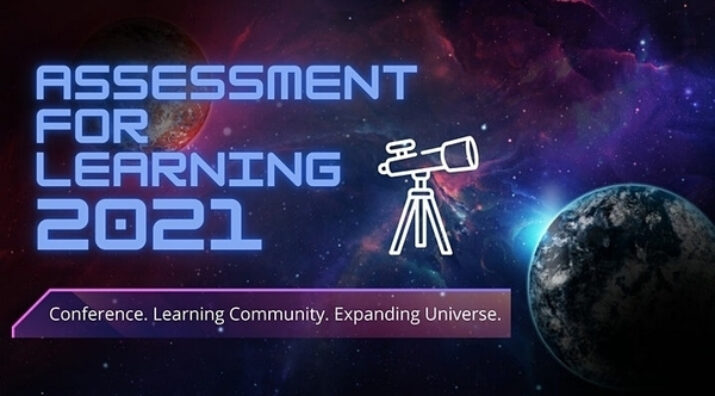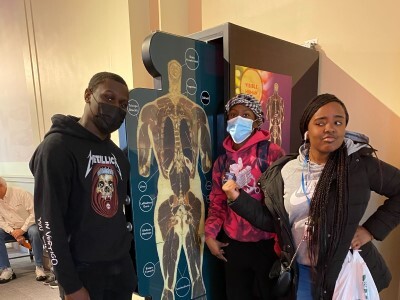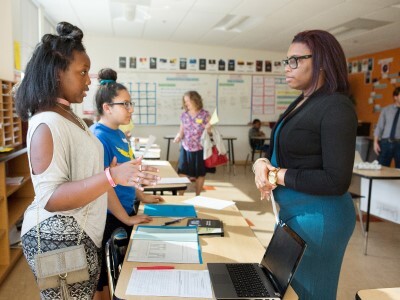Reimagining Assessment
Assessment for Learning: Elevating Student Voice in Unprecedented Times
Topics

Educators are rethinking the purposes, forms, and nature of assessment. Beyond testing mastery of traditional content knowledge—an essential task, but not nearly sufficient—educators are designing assessment for learning as an integral part of the learning process.
Teachers can utilize circle practice to elicit student feedback on remote and hybrid learning as well as the return to school buildings, then shape their instructional practice to respond.
The Assessment for Learning Conference is produced by the Assessment for Learning Project, in partnership with Envision Learning Partners and Leadership + Design. It is an annual exhibition of learning for a growing community of educators dedicated to building assessment systems from the student out, rather than the top down.
In February we invited our community to #RethinkAccountability by posing these two questions:
- What assessment for learning practices & strategies have been successful in supporting and recognizing learning that connects to students’ family, community, and cultural and civic identities and assets?
- How have accountability processes and relationships adapted in the absence of state test results from spring 2020? What accountability innovations are emerging that more deeply embrace reciprocity?
Boston Public Schools 8th grade civics teacher Neema Avashia managed to answer both questions documenting how she uses “What I Need (WIN) Circles” to learn from her students about how adults can best support their learning. She created a flipped conference session to share her practice.
This Assessment for Learning 2021 Conference Practitioner How-To session is presented by Neema Avashia, an 8th grade civics teacher at Boston Public Schools' John W. McCormack Middle School.
View all session materials.
When we view accountability as a top-down activity whose main currency is standardized tests, we end up with a national discourse dominated by a narrow concept of “learning loss.” But what if we view students as partners who are fully able to provide evidence that is (at least) as valid as standardized test scores? What possibilities might we create for how to support young people as we all recover from the many traumas of the last year?
As you watch the session, we invite you to think about where you sit in the education system and reflect on what evidence will help you make truly student-centered decisions in unprecedented times like these.
- Visit the Elevating Student Voice Session page to access all of this session's materials and join the discussion.
- The virtual Assessment for Learning 2021 Conference will be held May 6-7. Learn more and register today for access to more flipped sessions like this one, keynote provocations, design exercises, and more opportunities to share knowledge, find your people, and build connections together.




